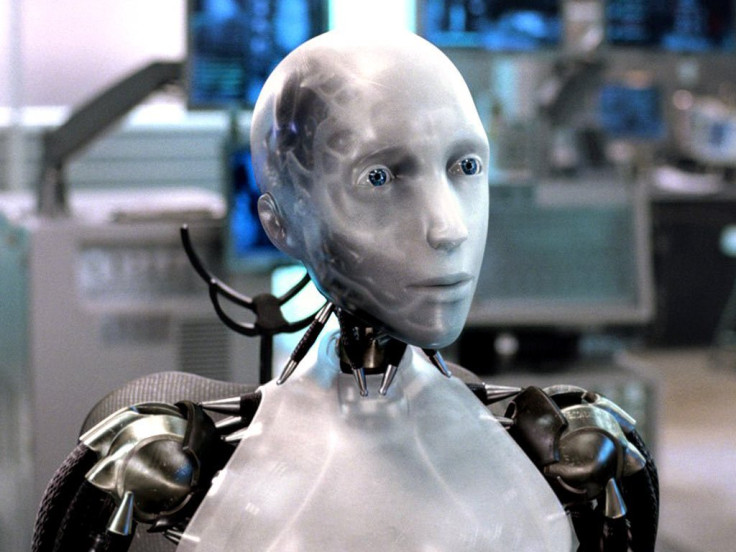Pepper, meet Watson: IBM and Softbank team up to bring cognitive computing to Japan

IBM is teaming up with Softbank to bring cognitive computing to Japan, which could soon see the supercomputer Watson as the brains behind friendly singing and dancing social robot Pepper.
Pepper is a new personal robot first introduced by Softbank in June 2014. Standing 1.2m tall, Pepper has two arms and rolls around on a wheeled base, with a 10.1in tablet mounted on its chest. It is designed to act as a companion to humans, and can recognise voice tones and expressions to understand emotions through repeated interactions with people.
Watson, on the other hand, is IBM's huge room-sized artificially intelligent computer system that the company has been developing since 2006.
Introduced in 2011, Watson has been able to beat Jeopardy's grand champions, and now Softbank and IBM will work together on programming it to be able to think and speak in Japanese.
"We believe people who speak many different languages want to use Watson—and most people on the planet do not have English as their native language," said Michael Karasick, head of innovations for IBM's Watson team.
"It shouldn't be surprising, really. Artificial Intelligence, humanoid robots, facial recognition—all of these things have a long and rich history in Japan. That type of curiosity and knack for exploration make us think there's real business for Watson in Japan."
Learning to speak Japanese
Kanji is a complex symbol-based Japanese written system that was adopted from Chinese characters. There are 6,879 graphical characters of Kanji that have been encoded for use on data processing systems, where various bit combinations in a one-byte code make up each word.
Watson will learn an annotated set of 250,000 words that it can transform into 10,000 diagrammed sentences, identifying the subject, object, verb and context needed to use those phrases in communication.
Japanese-speaking researchers will then correct Watson's errors, and then the computer will consume a second batch of 250,000 words and repeat the process, learning from its mistakes the first time round.
Once at least one million words have been compiled by Watson, the researchers will then test the computer's knowledge and help it to understand the entire language and how it should be used.
The idea is that if Watson can master Kanji, then the supercomputer could be used to control the actions of Pepper's emotionally intelligent social robotics platform, thus making the robot smarter and more adaptable to the needs of various industries.
Huge growth opportunities in Japan
The two companies plan to build a whole new ecosystem with apps, services and development platforms that enterprises can use with Pepper to fulfil specific business demands, and initially the partnership will focus on meeting needs in banking, healthcare, education, retail and insurance.

The partnership will mark Watson's first foray into a language that isn't based on the Western language.
Japan has the third largest economy in the world behind the US and China, as well as having the necessary interest, infrastructure and funding into artificial intelligence R&D.
IBM gains a huge benefit in working with Softbank as the telecoms provider has plenty of ICT infrastructure, meaning that Watson can be hosted at its data centres across Japan.
In I, Robot, the Will Smith action film based on Isaac Asimov's short story, a supercomputer named VIKI based in a robotic company's headquarters turns all the NS-5 personal robots in the city into a robot army designed to "protect the humans from themselves".
For Softbank, IBM's Watson would be the equivalent of becoming the Viki to Softbank's Sonny.
Having a sophisticated robot connected to a computer system with impressive big data computing power could make Pepper far more relevant as a business use case.
Unlike Asia, the western world has so far shown a reluctance in relying on artificial intelligence, and Pepper might have far more success in the enterprise than in the home.
© Copyright IBTimes 2025. All rights reserved.






















